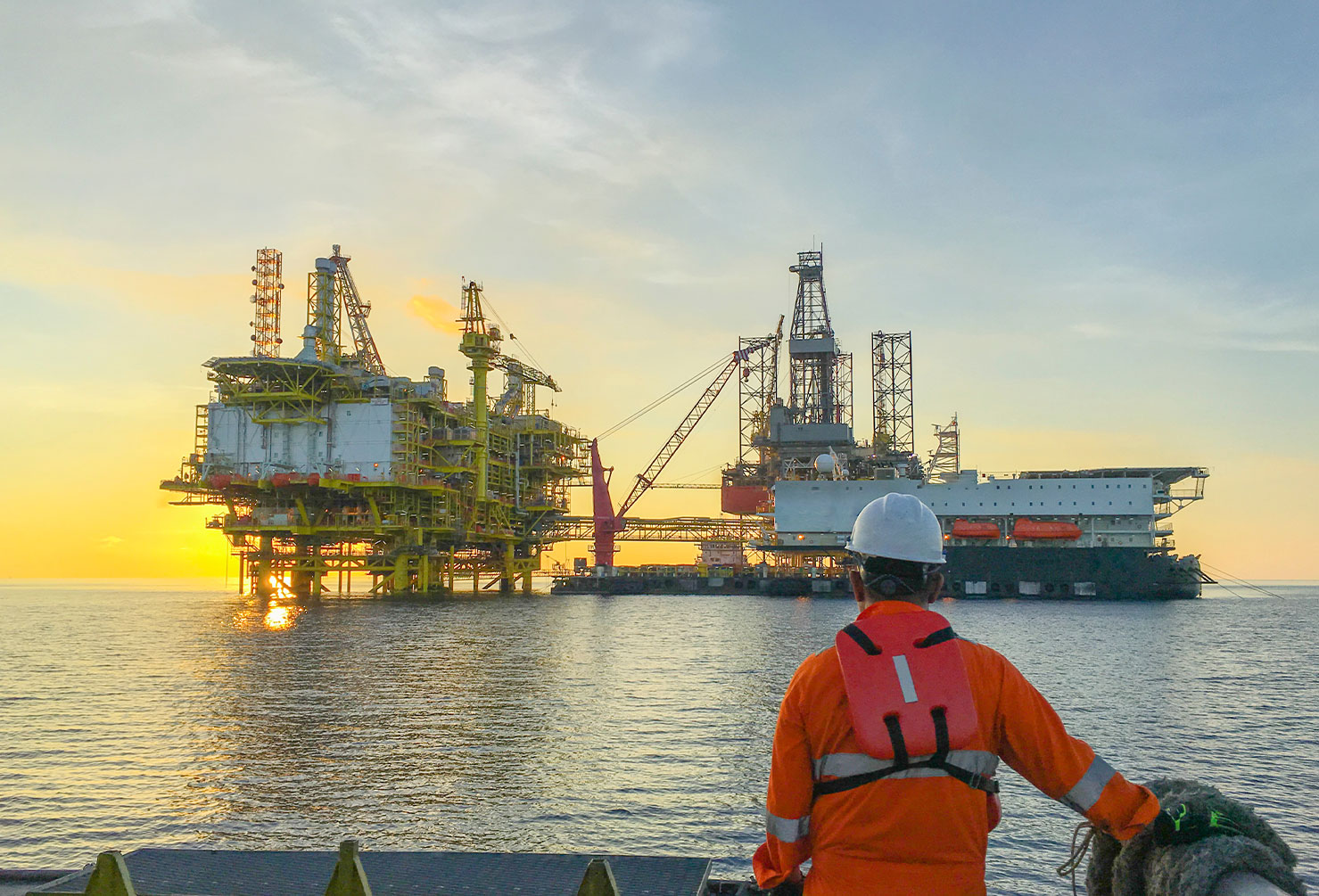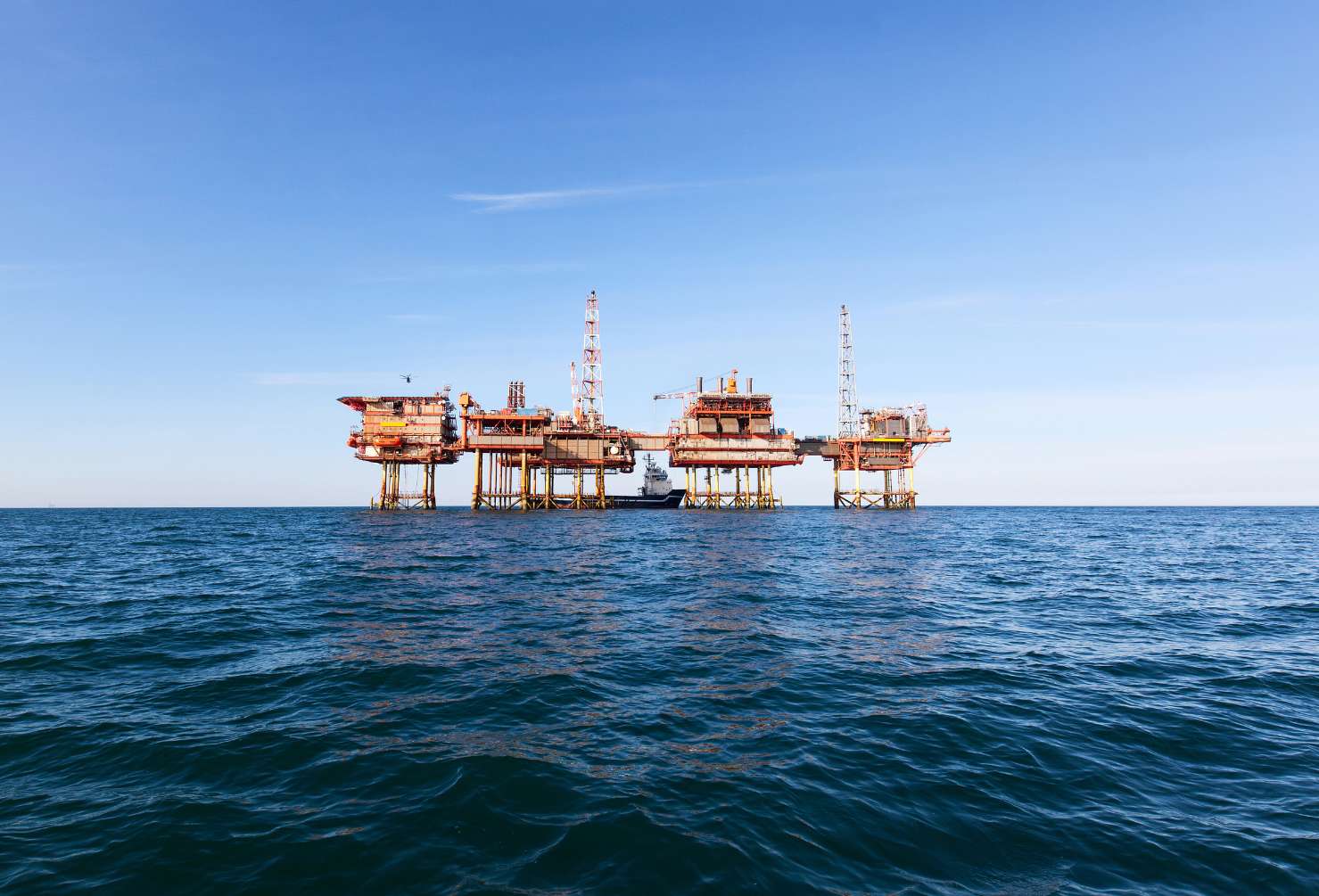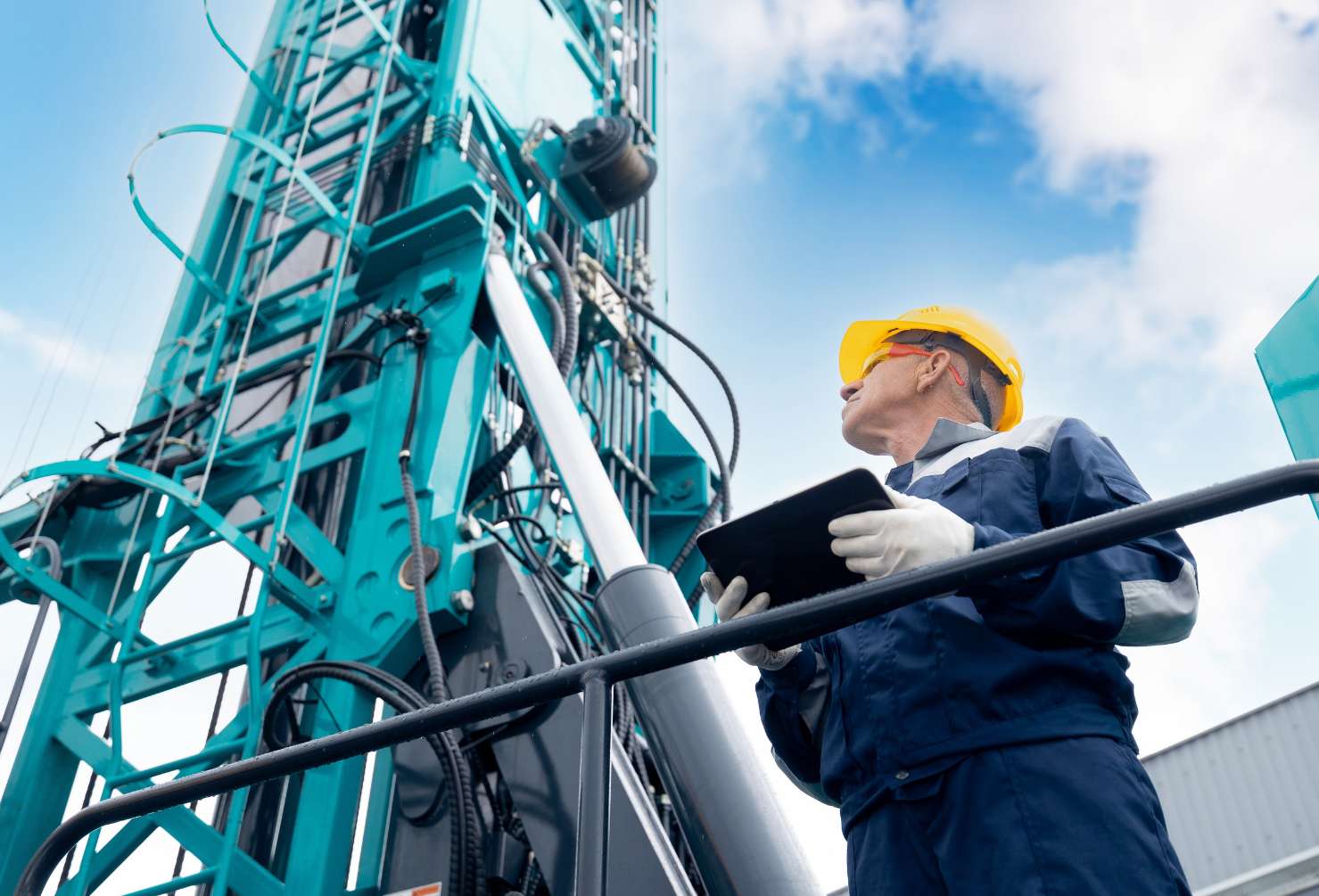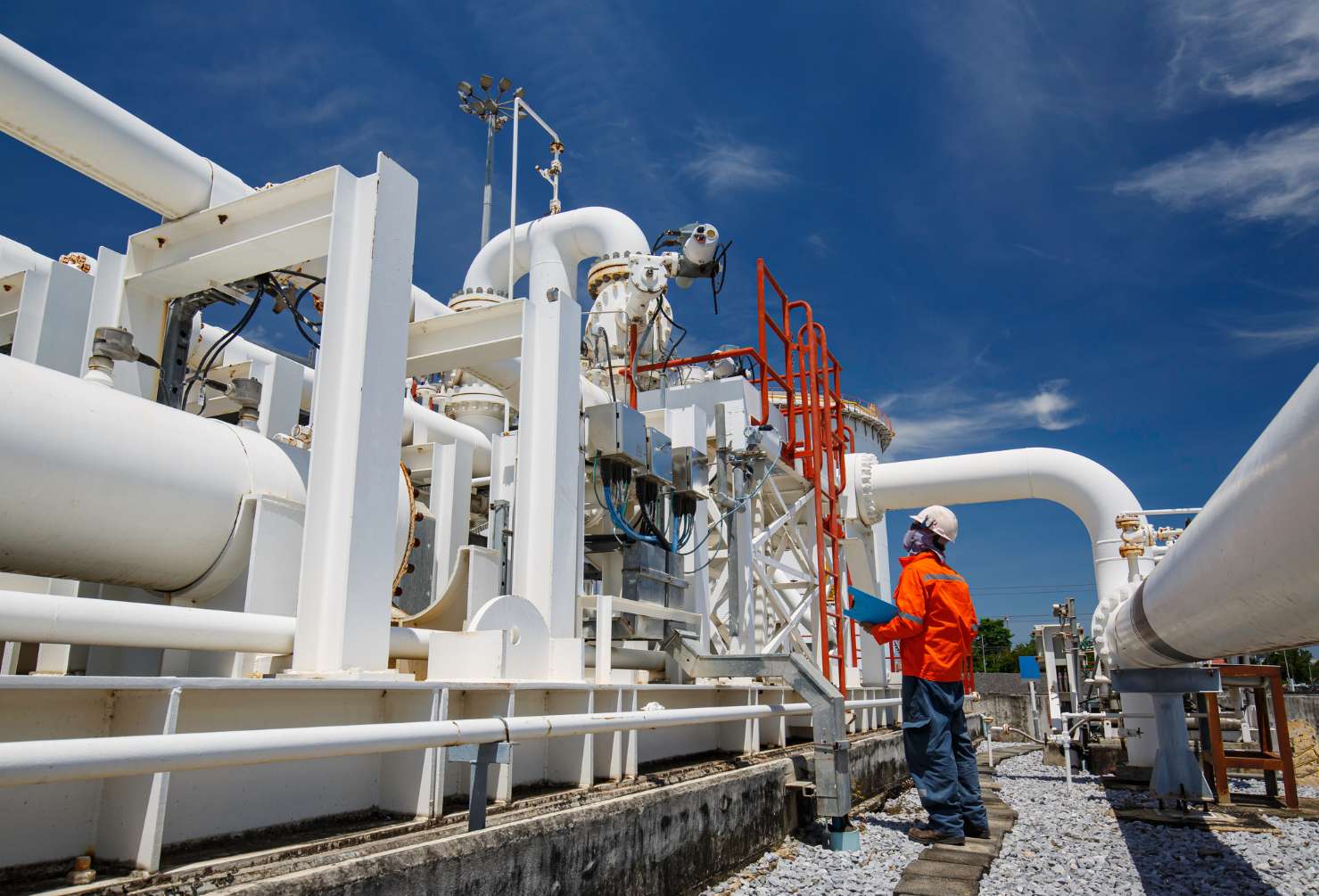
The oil and gas industry in Australia has long been characterised by its cyclical nature, with periods of significant growth often followed by downturns due to fluctuating commodity prices, changing market dynamics, and evolving regulatory landscapes. For engineers and professionals working in this sector, these cycles can present both opportunities and challenges. Building a resilient career in such an unpredictable environment requires strategic planning, adaptability, and a proactive approach to skill development. This blog explores how engineers in Australia’s oil and gas sector can navigate industry cycles and build a sustainable, resilient career.
Understanding the Cyclical Nature of the Oil and Gas Industry
The oil and gas industry is inherently volatile, influenced by a variety of factors including:
- Commodity Price Fluctuations: Oil and gas prices are subject to global supply and demand dynamics, geopolitical tensions, and technological advancements. Price volatility can lead to rapid changes in project funding, hiring practices, and operational strategies.
- Regulatory and Environmental Pressures: Increasing environmental concerns and regulatory requirements are pushing the industry towards more sustainable practices, affecting project timelines and investment decisions.
- Technological Disruptions: Advancements in technology, such as digitalisation, automation, and renewable energy integration, are reshaping the industry landscape, creating new opportunities while rendering some traditional roles obsolete.
Global Market Dynamics: The global energy transition towards cleaner fuels is altering the demand for oil and gas, impacting the long-term viability of certain projects and influencing strategic shifts within companies.
Understanding these factors and their impact on the industry is the first step in developing a career strategy that can withstand market fluctuations.
Strategies for Building a Resilient Career
1. Diversify Your Skill Set
One of the most effective ways to build a resilient career in the oil and gas industry is to diversify your skill set. Engineers who possess a broad range of skills are better positioned to adapt to changing industry needs and take on a variety of roles.
Key Areas to Consider for Skill Diversification:
- Digital and Data Skills: With the increasing adoption of digital technologies, skills in data analysis, automation, and digital engineering are becoming highly valuable. Understanding how to work with digital twins, predictive maintenance systems, and big data analytics can make you a more versatile asset to your employer.
- Project Management and Leadership: Strong project management and leadership skills are essential, particularly in times of industry uncertainty. Engineers who can manage complex projects, lead diverse teams, and drive strategic initiatives are likely to be in high demand, even during downturns.
- Environmental and Regulatory Expertise: As sustainability becomes a central focus, knowledge of environmental regulations, sustainability practices, and emissions reduction technologies is increasingly important. Engineers who can navigate the regulatory landscape and contribute to sustainability initiatives will be better positioned for future opportunities.
- Cross-Disciplinary Knowledge: The ability to understand and integrate knowledge from different disciplines—such as mechanical engineering, environmental science, and data analytics—can provide a competitive edge. Engineers who can bridge gaps between disciplines are often seen as valuable problem solvers and innovators.
2. Embrace Continuous Learning and Upskilling
The oil and gas industry is evolving rapidly, and staying competitive requires a commitment to continuous learning and upskilling. Engineers should actively seek opportunities to enhance their technical and soft skills, whether through formal education, online courses, workshops, or on-the-job training.
Suggestions for Continuous Learning:
- Online Courses and Certifications: Many platforms offer specialised courses in emerging areas such as digital technologies, renewable energy integration, and project management. Certifications, such as those offered by Engineers Australia or the Project Management Institute (PMI), can also enhance your credentials and demonstrate your commitment to professional development.
- Industry Conferences and Seminars: Attending industry events, conferences, and seminars is a great way to stay informed about the latest trends, technologies, and best practices. Networking with peers and industry leaders can also provide valuable insights and open doors to new opportunities.
- In-House Training and Development Programs: Many companies offer internal training and development programs to help employees enhance their skills and prepare for future roles. Taking advantage of these programs can help you stay ahead of industry changes and position yourself for career advancement.
3. Stay Adaptable and Open to Change
Adaptability is a crucial trait for engineers in the oil and gas sector, where change is constant. Being open to new roles, locations, and challenges can help you navigate industry cycles and seize emerging opportunities.
Ways to Stay Adaptable:
- Be Open to Geographic Mobility: The oil and gas industry often requires a willingness to relocate, whether to remote onshore sites or offshore platforms. Being flexible with your location can open up a wider range of job opportunities and career paths.
- Explore New Roles and Projects: Taking on new roles or projects outside your comfort zone can help you build a diverse skill set and gain valuable experience. Whether it’s working on a decommissioning project, a renewable energy initiative, or a digital transformation effort, embracing new challenges can enhance your career resilience.
- Develop a Growth Mindset: A growth mindset—where you see challenges as opportunities for learning and development—can help you stay positive and motivated during periods of industry uncertainty. Focusing on continuous improvement and personal development can help you adapt to changes and achieve long-term career success.
4. Build a Strong Professional Network
Building and maintaining a strong professional network is essential for career resilience in the oil and gas industry. A robust network can provide support, advice, and access to new opportunities, particularly during downturns or transitions.
Tips for Building Your Network:
- Join Professional Associations: Organisations such as Engineers Australia, the Society of Petroleum Engineers (SPE), and the Australian Petroleum Production and Exploration Association (APPEA) offer valuable networking opportunities. Engaging with these associations can help you build connections with peers, mentors, and industry leaders.
- Participate in Industry Events: Attending industry conferences, seminars, and workshops is a great way to meet new contacts and build relationships. Be proactive in networking, ask questions, and follow up with contacts after events to maintain the relationship.
- Leverage Online Platforms: Professional networking platforms like LinkedIn can help you connect with industry professionals, join relevant groups, and stay informed about job openings and industry trends. Regularly updating your profile and engaging with your network can enhance your visibility and reputation in the industry.
5. Prepare for Downturns and Market Shifts
While it’s impossible to predict every market shift, being prepared for downturns can help you weather challenging times and maintain career stability.
Strategies for Preparing for Downturns:
- Build a Financial Safety Net: Having a financial safety net can provide peace of mind during periods of uncertainty. Saving regularly, reducing debt, and diversifying your income sources can help you manage financial challenges during industry downturns.
- Stay Informed About Market Trends: Keeping up-to-date with industry news, market trends, and economic forecasts can help you anticipate changes and make informed career decisions. Understanding where the industry is headed can help you position yourself strategically for future opportunities.
- Consider Contract or Freelance Work: During downturns, full-time employment opportunities may become scarce. Being open to contract, freelance, or consulting work can provide a steady income stream while allowing you to build experience and expand your professional network.
6. Focus on Innovation and Problem-Solving
The oil and gas industry is facing unprecedented challenges, from digital transformation to the energy transition. Engineers who can innovate, think critically, and solve complex problems will be invaluable to their organisations.
Ways to Cultivate Innovation:
- Engage in Cross-Functional Teams: Working in cross-functional teams can expose you to different perspectives and ideas, fostering innovation and creativity. Engineers who can collaborate effectively across disciplines are often seen as valuable problem solvers.
- Stay Curious and Open to New Ideas: Cultivating a sense of curiosity and a willingness to explore new ideas can help you stay ahead of industry changes. Staying open to new technologies, processes, and approaches can position you as a forward-thinking leader in your field.
- Take Initiative in Driving Change: Proactively identifying opportunities for improvement and driving change within your organisation can demonstrate your value and commitment to innovation. Whether it’s developing a new process, implementing a digital tool, or leading a sustainability initiative, taking initiative can set you apart and enhance your career resilience.
Building a resilient career in Australia’s oil and gas sector requires a proactive approach to skill development, adaptability, and strategic planning. By diversifying your skill set, embracing continuous learning, staying adaptable, and building a strong professional network, you can navigate industry cycles and thrive in an ever-changing environment. As the industry continues to evolve, engineers who are prepared for change, open to new opportunities, and focused on innovation will be well-positioned for long-term success.





